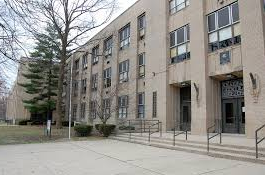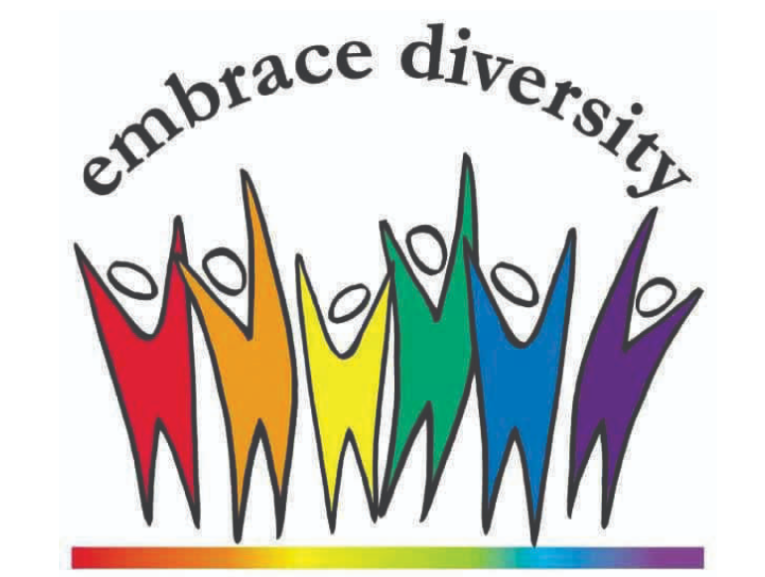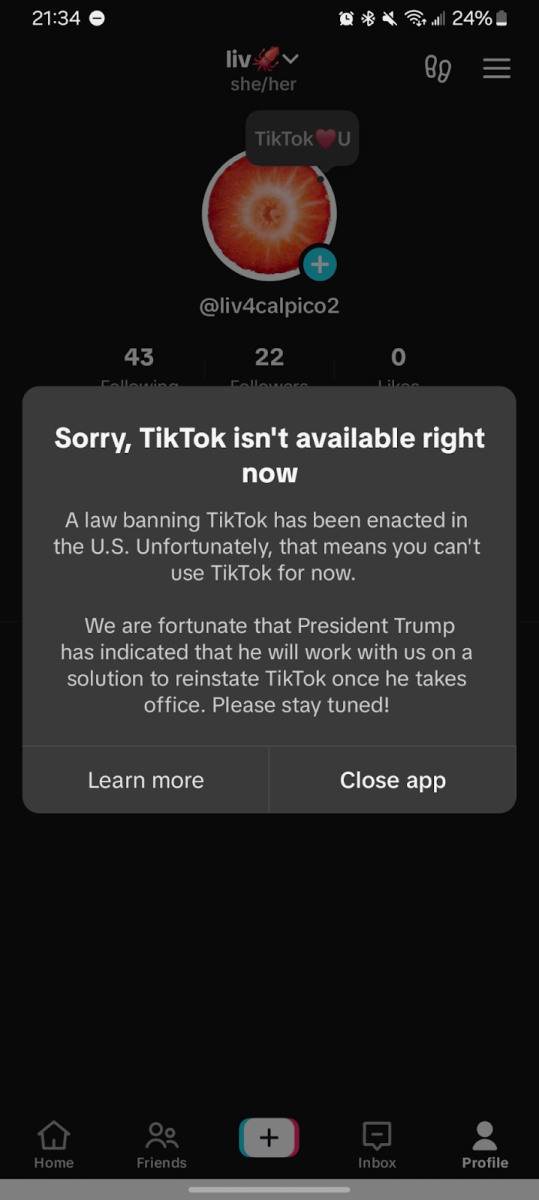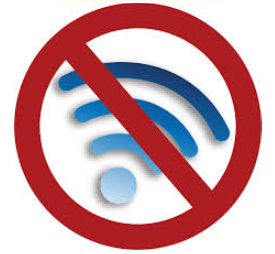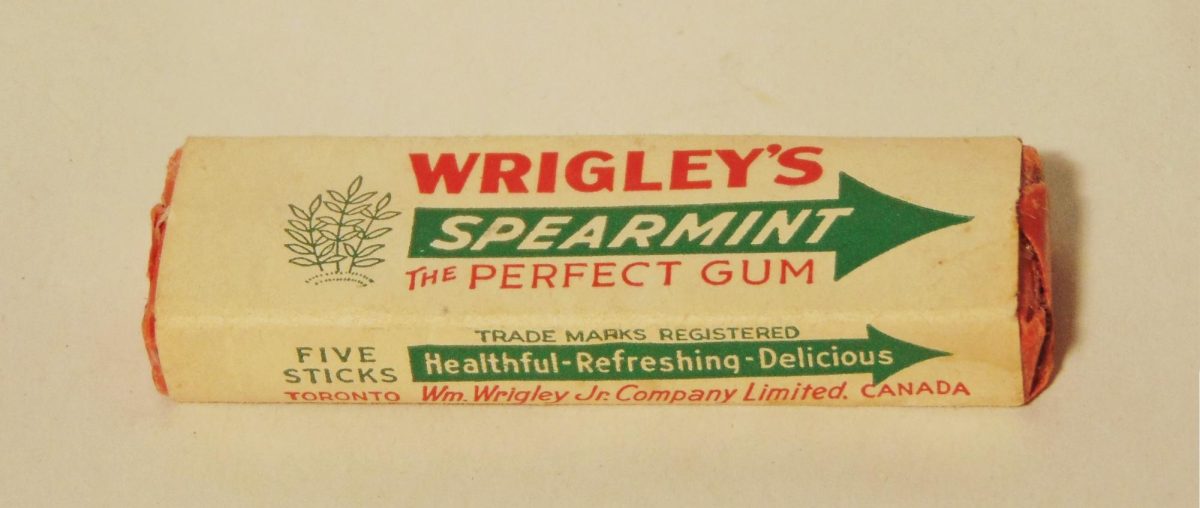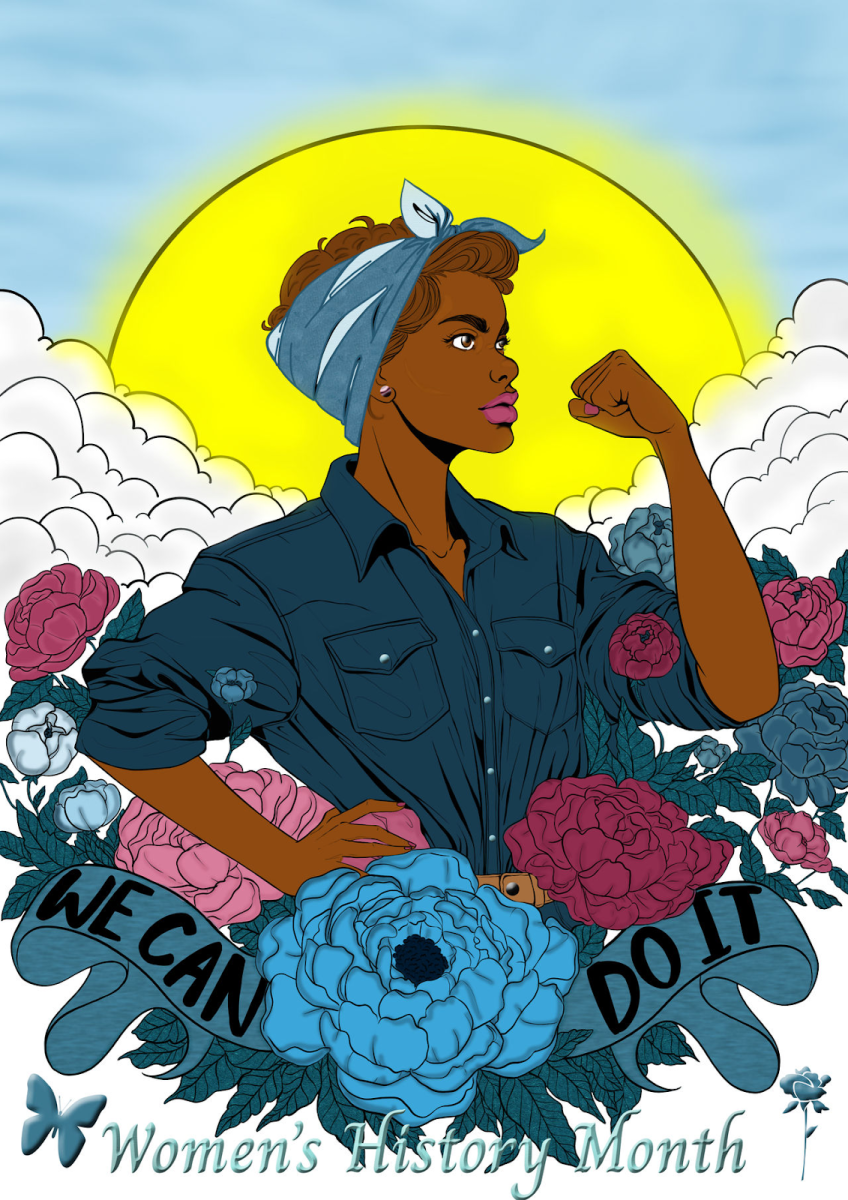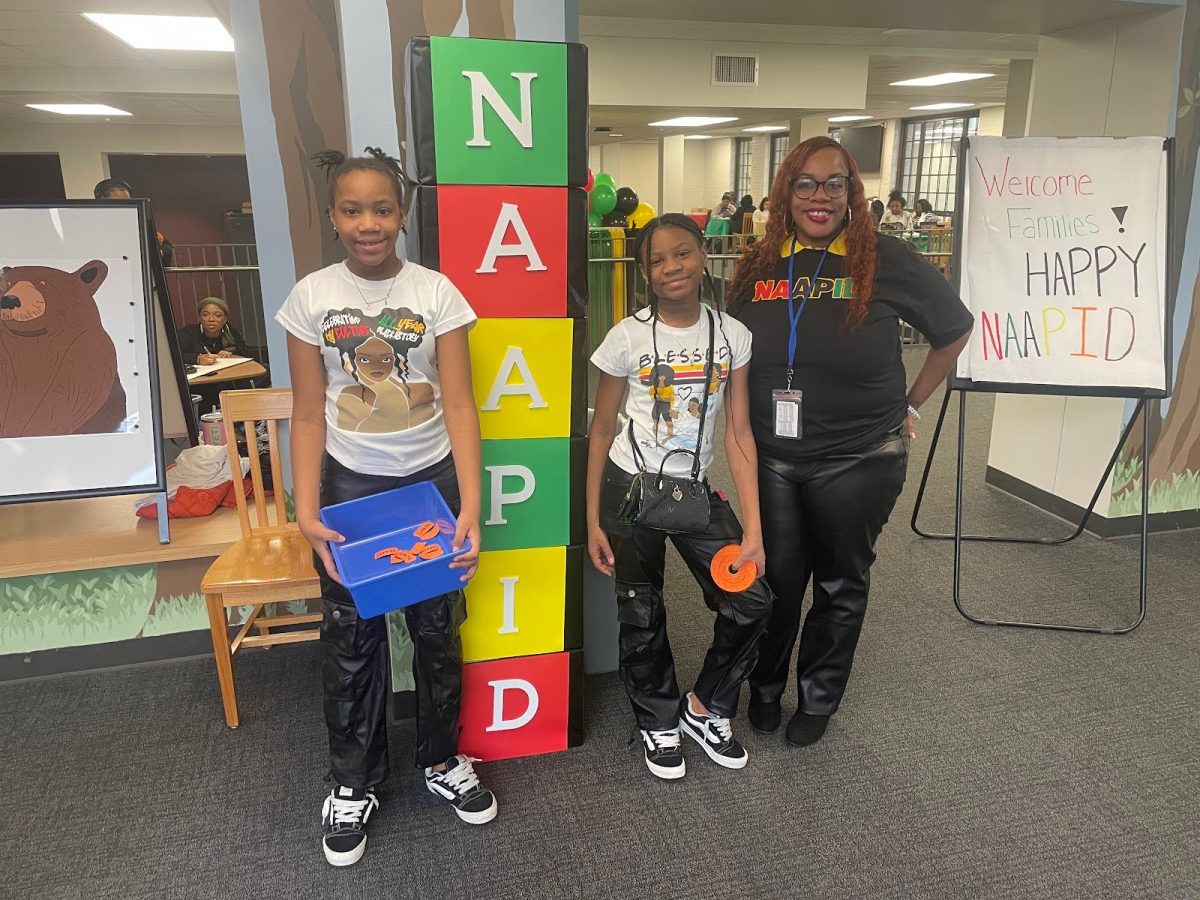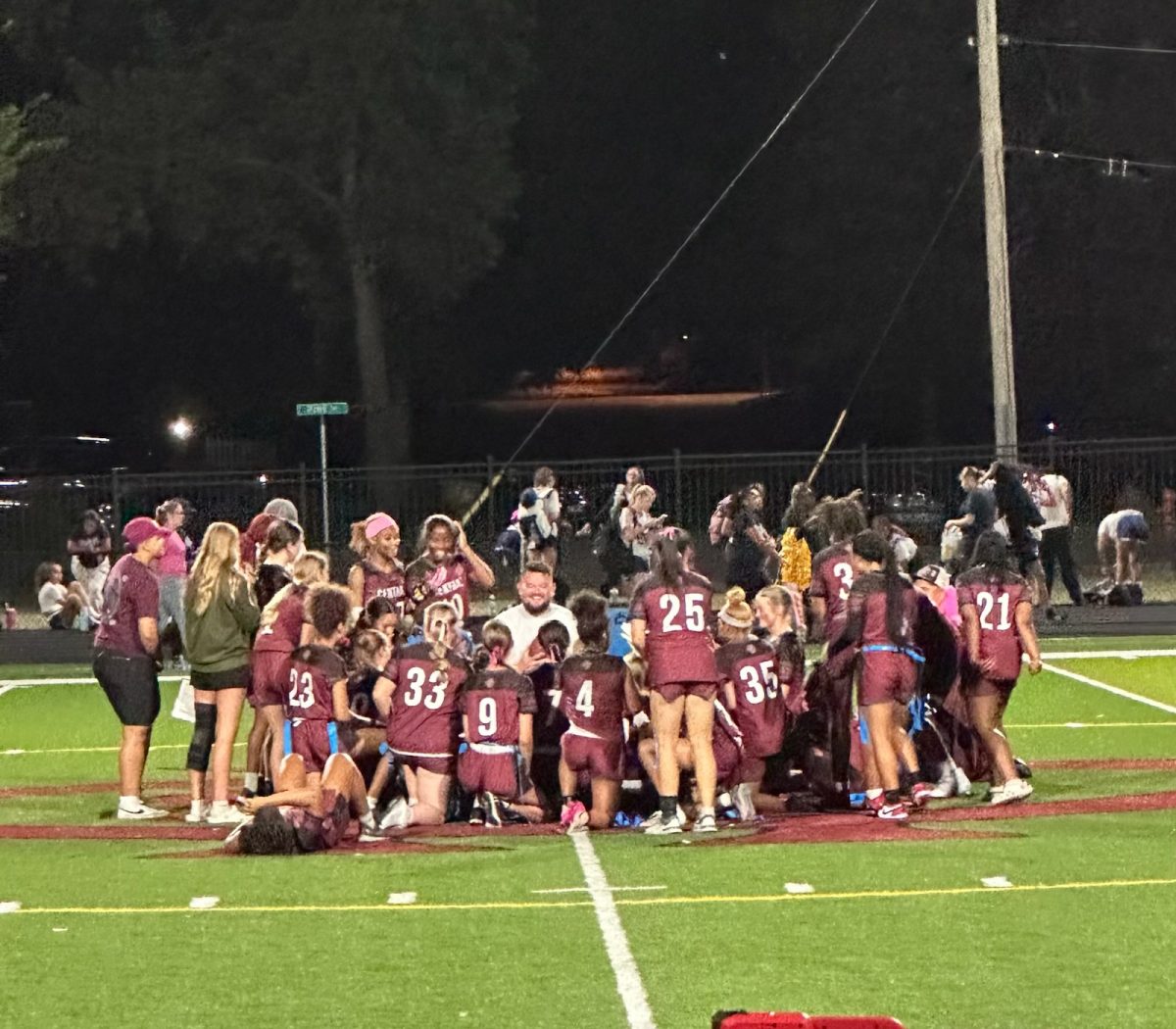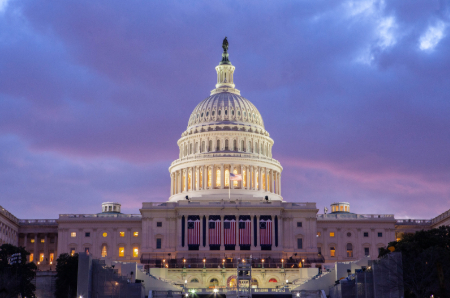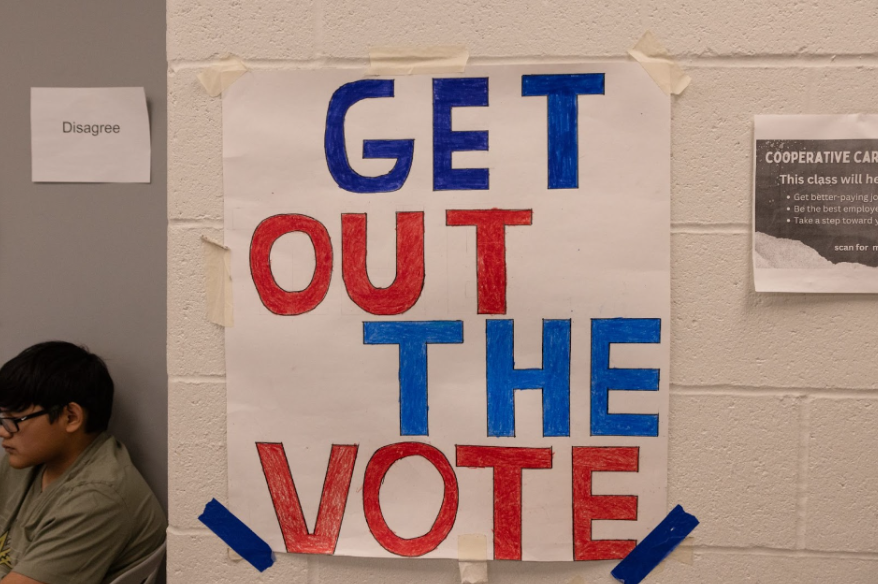As of March 24th, President Donald Trump and his administration have no longer prohibited establishments from having segregated facilities. In January, Trump issued an executive order to eliminate DEI (Diversity, Equity, and Inclusion) from corporations such as PepsiCo, Starbucks, Costco, and Apple.
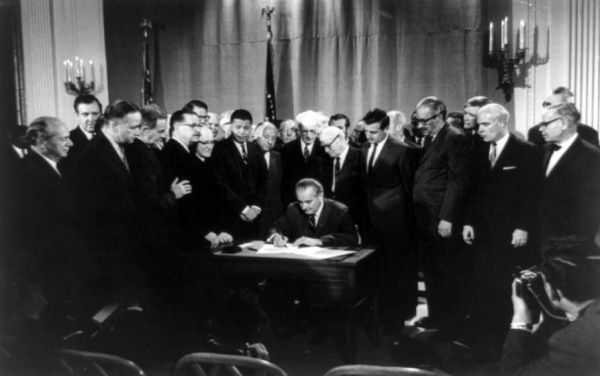 The Civil Rights Act was passed on July 2nd, 1964, by former President Lyndon B. Johnson. This act was made to prevent discrimination for patrons and workers. It banned segregated facilities so that white and colored people could cohabitate in the same space. This was not the beginning of the civil rights movement but rather the most impactful in communities.
The Civil Rights Act was passed on July 2nd, 1964, by former President Lyndon B. Johnson. This act was made to prevent discrimination for patrons and workers. It banned segregated facilities so that white and colored people could cohabitate in the same space. This was not the beginning of the civil rights movement but rather the most impactful in communities.
Brenda Welch, a mentor at Champaign Central High School, was born in 1964 and was not as privy to the discrimination until she got to high school. “My friend was Japanese, and she was treated differently, but I had no African American classmates.” This is very true for many people in small communities. Because of the lack of resources, small communities may be the most affected.
DEI began in 1970 and was to broaden the spectrum of diversity to ensure that different marginalized groups were supported and represented in the workforce. During the 80s, it expanded to LGBTQIA+, religion, and other ethnic groups. Over the years, the program has diversified workspaces, and there are now unique job positions to oversee conflicts.
The exclusion of DEI has resulted in single contractors maintaining the idea of segregated facilities. According to the news platform Syracuse (a branch of NPR), segregation itself is still illegal, and contractors still have to abide by federal and state laws surrounding the topic; however, repealing the Johnson order has caused symbolic changes. This has begged the question of what the workforce will look like in the next four years.
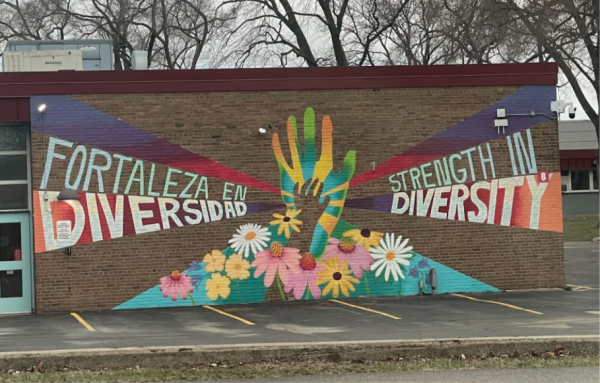
Jean Murphy is the owner of YoFresh cafe in Evanston, Illinois. She and her husband have owned the cafe for over 10 years. She was born in 1946 and was the youngest of 4 children. She expressed that her parents were born in the South, and when they would visit Alabama, she’d see the effects of discrimination. Her first discriminatory experience was when she “went to a hair salon and they said, ‘Oh no, we don’t know how to do your hair.’” Murphy answered.
Local Champaign resident Sophia Hickman was born in 1980 and has dealt with discrimination herself. With the state of the world, she expressed, “It is important to have a diverse environment because it creates a space for all kinds of ideas, inventions, and knowledge.” Ms. Hickman is an African American woman, and her perspective on DEI is that it allows those who haven’t been seen to be seen and praised for their diversity. “DEI includes everyone across the spectrum that is not heterosexual and white.”













